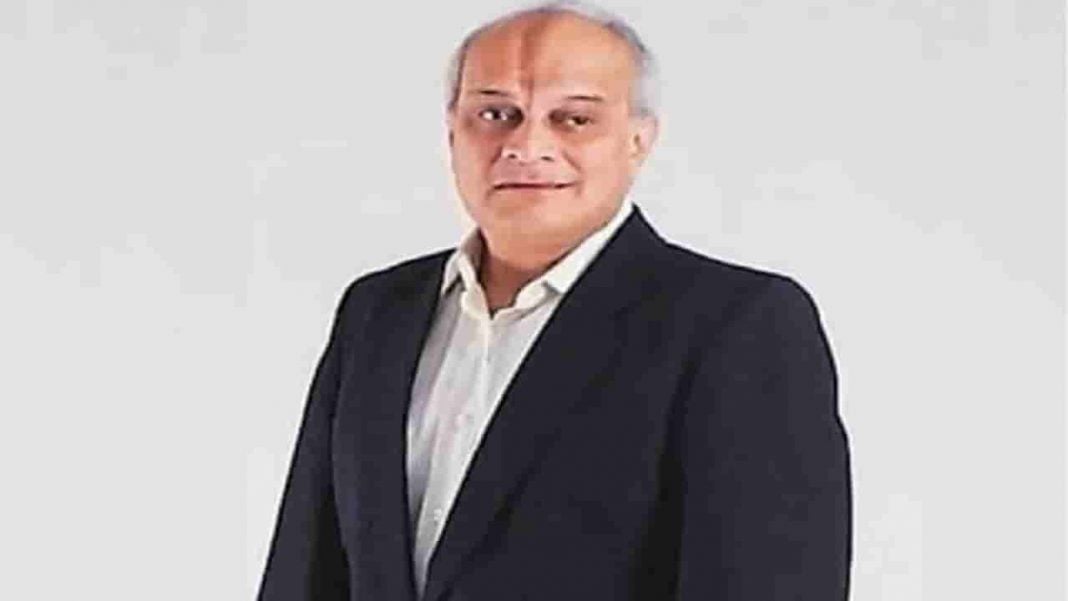Senior Advocate Harish Salve appearing for Tata Sons while resuming his submissions before the bench led by Chief Justice of India SA Bobde said the respondents had challenged Article 86 as an oppressive Article.
The CJI enquired if the challenge was later given up, Salve insisted that it was mentioned as an oppressive article. Salve thereafter made submissions on the significance of one-third appointment which required the affirmative vote of the majority of the directors.
He submitted, “Earlier the board resolution required the affirmative vote of all the directors appointed by Tata, however, in 2014, they reduced it from unanimity to majority.”
Salve further submitted that one of the point of difference raised was when Ratan Tata decided that Tata Motors is going for a share of Rs 7500 crore. Since these decisions were to be placed before the board for voting, Tata thought it proper to have a chat about it earlier so that later during Board meeting, if the directors disagreed the entire resolution would turn futile.
The CJI said Tata did not have the power to chat.
Salve responding to the CJI submitted that the nominees directors are entitled to do so. He further said that these were the articles which were also there earlier in 2000 when Cyrus was not there and the said articles cannot be said to be oppressive.
Salve said that if there is an article where amendments are made in such a manner that it is oppressive, then such act will amount to oppression. However, if there is an article which exists when one joined the company, 6 years later one cannot say that it is oppressive.
Interpreting Salve’s submissions, the CJI said, “If there is an amendment and there is a procedure for amendments and the amendment is made in accordance with the procedure and if the minority opposes it but the procedure is such that the majority overrules the minority, such procedure cannot be said to be oppressive. It is like the basic structure concept.”
Salve thereafter informed the bench that the Shapoorji Pallonji Group was demanding a pro-rata scheme of separation as a relief.
Senior Counsel C Aryama Sundaram appearing for Cyrus Investments and Sterlings Investments submitted that the cross appeal was not asking for Mistry’s reinstatement but to show that the act of removal amounted to oppression.
He further submitted, “Our plea is not only for the interest of the minority shareholders but also for the group companies. Tata is a group company and the interests are affected by the Tata Board’s decision. The Tata Sons Board decides what the group companies will do which is an oppressive act. Anything being done by the group companies is decided by the Tata Sons and even the directors are appointed by them and Tata Sons controls all the group companies. However, Tata Company is a Board managed company and all the matters has to be decided by the Board.”
The CJI then asked Sundaram whether Mistry was a part of any communication between the trustees and the operating companies because it had been argued that Mistry was a part of many decisions but later had a problem with the decisions. Sundaram replied in the negative.
On CJI’s inquiry whether the SP Group ever lost money individually without any loss incurred by Tata Group, Sundaram replied that it never happened but could arise when the associates of the trustees may be benefiting from the majority decisions as it happened in Sivasankaran’s case.
Sundaram then explained the “twin test” under Section 241 and 242 of the Companies Act 2013.
The CJI then pointed out that the NCLAT had skipped the entire process of coming to a conclusion whether it was just and equitable to wind up the company to which Sundaram submitted that the Tribunal had not skipped the step and he would make submissions on that point too.
Also Read: Punjab and Haryana HC issues notice to state on appointment of officers in Haryana govt
Sundaram further pointed out that all that they were seeking was corporate governance where the company need not be managed by the Trustees and there be transparency and probity of conduct.
The bench has adjourned the matter till Monday.



